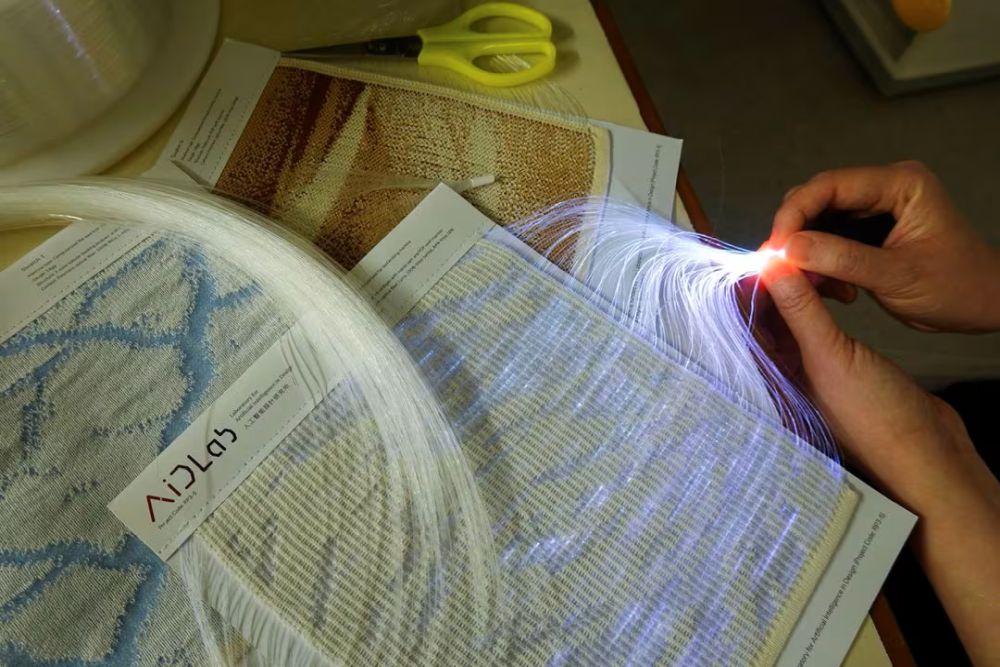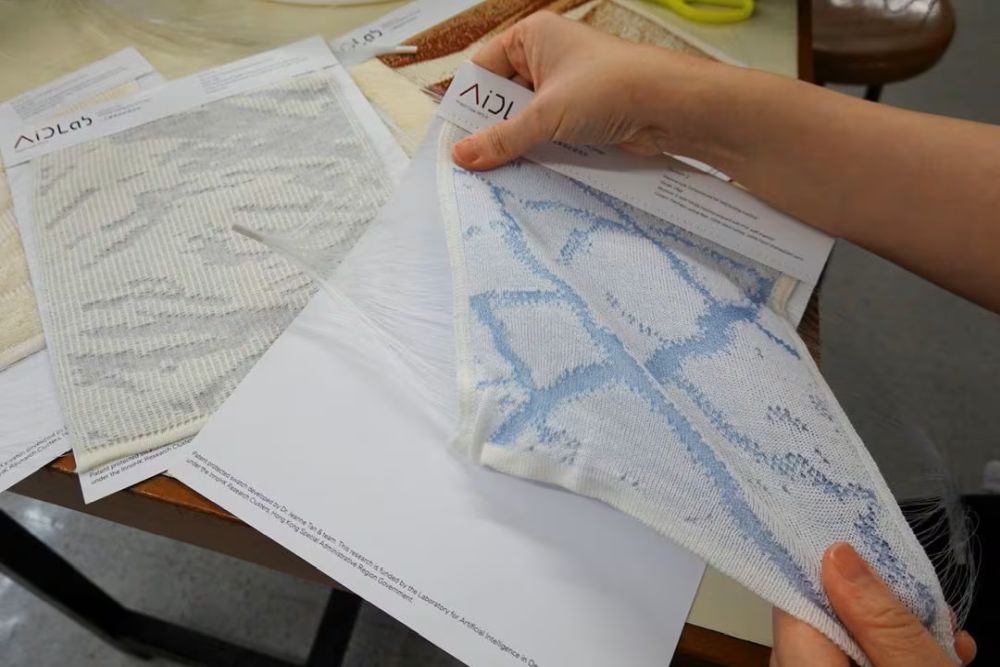The intersection of artificial intelligence (AI) and fashion is revolutionizing the industry, and Hong Kong is at the forefront of this innovation. The Laboratory for Artificial Intelligence in Design (AiDLab) in Hong Kong has developed a groundbreaking color-changing textile embedded with polymeric optical fibers (POFs) and textile-based yarns. This fabric, when illuminated, can display a range of different hues, and its color can be customized through an app on a phone, with AI algorithms assisting the process. The technology not only offers a unique and interactive way for individuals to personalize their clothing but also holds the potential to significantly reduce clothing waste by providing more color choices for a single garment. The fabric, designed to be soft and recyclable, is a remarkable example of how AI is being harnessed to drive sustainability and innovation in the fashion industry.

In addition to the development of color-changing textiles, AI is also being used to create smart clothes that offer personalized experiences to consumers. Through the use of generative AI, virtual product try-on and styling recommendations are tailored to individual consumers, enhancing the overall customer experience. Furthermore, retailers are leveraging AI to personalize the shopping experience and even create entire collections based on consumer preferences. This demonstrates how AI is not only influencing the design process but also the way in which clothing is marketed, sold, and experienced by consumers, marking a significant shift in the fashion industry’s approach to product development and customer engagement.

Moreover, the application of AI in the fashion industry is not limited to Hong Kong, as it is being used globally to influence clothing brands in various ways. From using algorithms to design smart clothes to automating retail tasks like stock management, AI is reshaping the entire value chain of the fashion industry. While some may be hesitant to embrace this technology fully, the potential for AI to predict fashion trends, personalize the shopping experience, and drive sustainability initiatives is undeniable. As AI continues to evolve, its impact on the clothing industry, including the development of smart clothes, is expected to grow, offering new opportunities for innovation and sustainability.

The development of color-changing textiles and the application of AI in the fashion industry represent a significant step forward in the pursuit of sustainable and personalized clothing experiences. The work being done by AiDLab in Hong Kong is just one example of how AI is being harnessed to drive innovation and reduce waste in the fashion industry. With the continued advancement of generative AI and its integration into the design, marketing, and sales processes, the future of fashion is poised to be more personalized, efficient, and sustainable than ever before.

